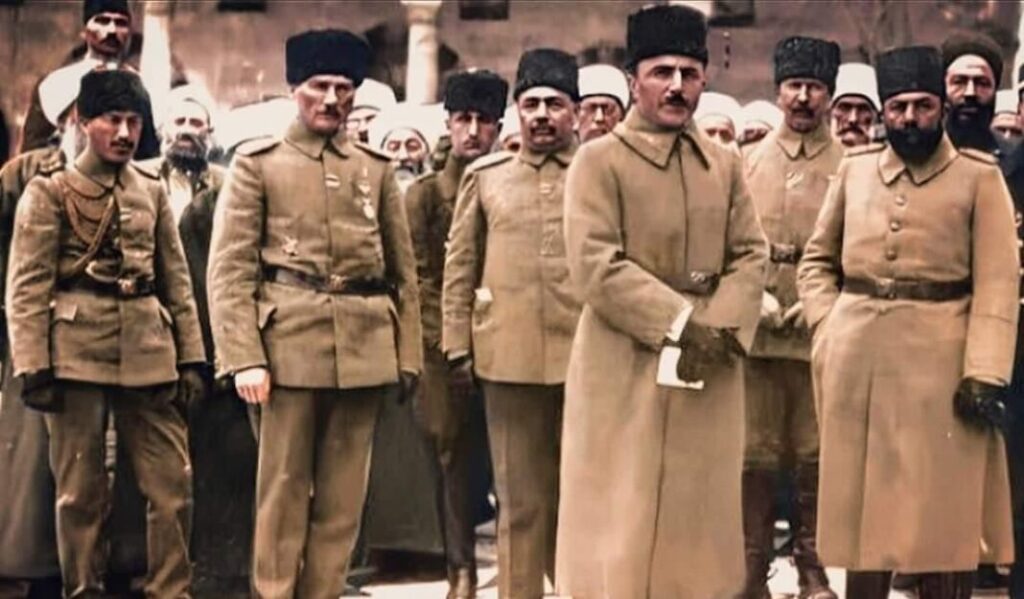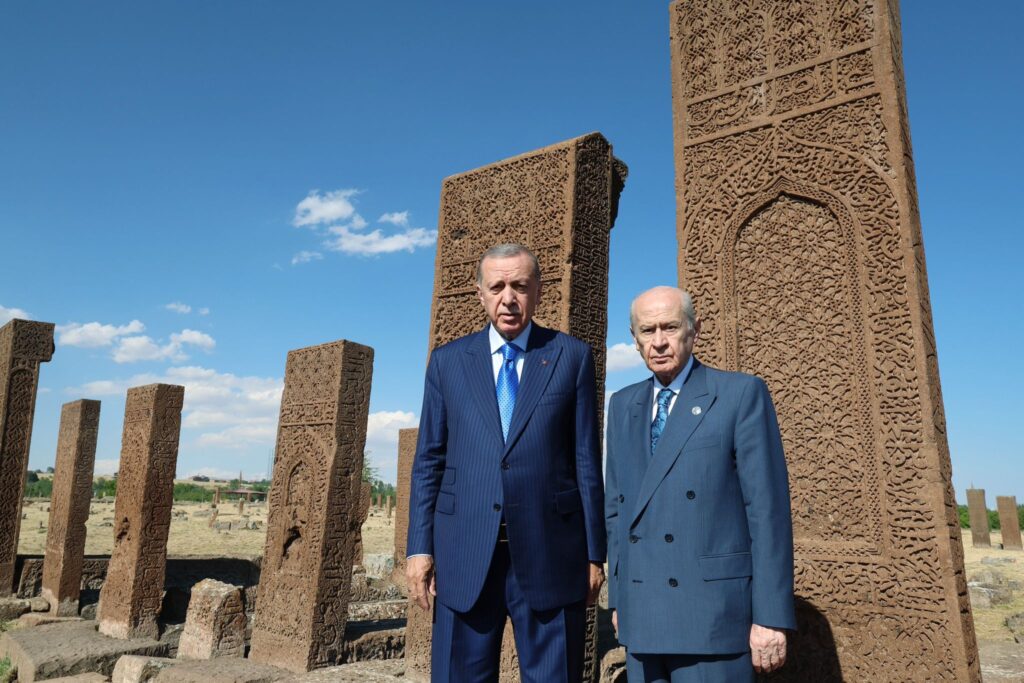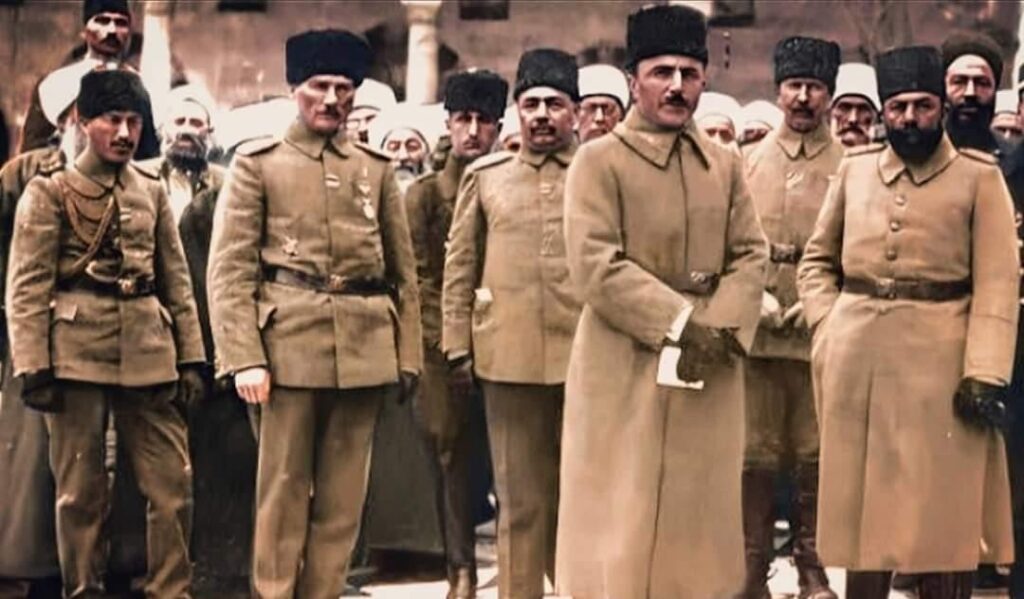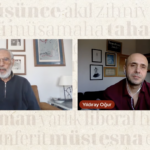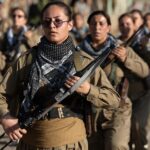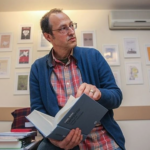When the candidate lists for the June 7 general elections were announced, one first looked at whether the renowned people from Parliament were included on the lists. The Justice and Development Party (AK Party) showed no surprise in this respect. Due to the party's three-term rule, about 70 people were not nominated this time around. And among the others, no renowned figure was omitted. However, the main opposition Republican People's Party (CHP) had some figures who identify themselves with the party, but were not nominated. Some of them were involved in claims alleging that they cooperated with the Gülen Movement. Also, several people affiliated with the Gülen Movement were not nominated. In brief, it can be estimated that the CHP has been currently putting some distance between the Gülen Movement and itself. Meanwhile, it was observed that the number of Ergenekon proponents has also increased in the party. Maybe it is a precaution taken against the nationalists who detached from them. But it should be kept in mind that nearly all of these people won the primary election, which indicates the CHP base is still much more nationalist than its upper positions.
In regard to the new figures, first, those who could not be nominated among the renowned names might be an object of curiosity. The most interesting figure among them is Ankara Mayor Melih Gökçek's son. Gökçek unnecessarily intervened in the dialogue between the government and the president, and Parliament Speaker and Deputy Prime Minister Bülent Arınç said that his motivation was to make his son a deputy. Gökçek's son was not included on the list due to his kinship relation. This example shows the revolutionary approach of the AK Party to election criteria. Aside from the three-term rule, provincial chairmen and mayors from the AK Party are not included for the parliamentary race. Also, relatives of those who are still in high-ranking positions of the party are not introduced to Parliament.
It is notable that the CHP made a democratic move and considered the primary election results of 55 provinces. This is better than nothing. However, assignments to the remaining 26 provinces were made directly by its headquarters, and half of those who could be elected in significant provinces such as Istanbul were determined by its headquarters as well.
Influence of central decision mechanisms is not actually surprising in countries like Turkey since the party structures have difficulty in catching up with the rapid social transformation and reforms required in the superstructure, which necessitates the participation of experts in Parliament. For this reason, the most critical message of the candidate lists is the new names included with the central decision. The AK Party tried to take a step in this regard. Some figures, renowned for their democrat characters, who support the party but also keep a distance from it, especially the ones specialized and competent in law, have a chance to enter Parliament. But it is not certain yet. It can be said that this is a functional, but a slightly doubtful, move regarding a new constitution. Although it can be argued that the AK Party targets a democratic leap with a new constitution, it is evident that it also wants to be ready for the continuation of the fight. The CHP, on the other hand, seemingly wants to focus on the economy. Renowned figures were included on the lists. However, all of them are from the bureaucratic wing for some reason and their chance to raise hopes in terms of a new approach to the economy is quite weak.
As for the other parties, the Nationalist Movement Party (MHP) did not seem to present a noteworthy change. The Peoples' Democratic Party (HDP), on the other hand, could not get rid of old-fashioned and marginalized tendencies of the left. The CHP's appeal to Alevis in the primary election also undermines the HDP since at least 15 percent of Alevi voters should vote for the HDP to enable the party to pass the 10 percent election threshold. It will not be an election that sees a large shifts in votes. But minor changes do have a possibility to yield major results, and candidate lists also reflect this uneasiness.
Yazıyı beğendiysen, patronumuz olur musun?
Evet, çok ciddi bir teklif bu. Patronumuz yok. Sahibimiz kar amacı gütmeyen bir dernek. Bizi okuyorsan, memnunsan ve devam etmesini istiyorsan, artık boş olan patron koltuğuna geçmen lazım.
Serbestiyet; Türkiye'nin gri alanı. Siyah ve beyazlar içinde bu gri alanı korumalıyız. Herkese bir gün gri alanlar lazım olur.




